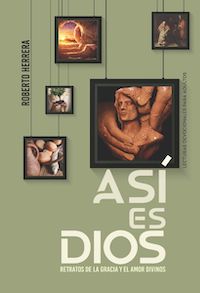Psalm 1: The Threshold Psalm
|
Psalm 1 may also be called the “Two Ways.” Here is found the theme repeated over and over in the psalms of David: the righteous will succeed and the unrighteous fail.
The contrast between the “two ways” is comparable to Christ’s parable of the two houses (Matthew 7:24–27).
“Verses 1–3 [of Psalm 1] describe the happiness of the good man, deliberately avoiding evil and as deliberately avowing his delight in God’s law; and vividly portray the results of the good life by comparing the good man to a tree, producing the fruits of righteousness. Verses 4–6 describe the unhappiness of the evil man under the figure of the chaff, state the outcome of such a life, and conclude that God is concerned with the ultimate success of the good man, whereas the end of the bad man is destruction.” There exists a progression for those who follow a life of evil—walking, standing, and sitting.
Evildoers first walk away from God to follow the customs of the world.
They then stand with those who are sinning and yield to temptation.
Finally, they sit at the table of the wicked and join those who have chosen evil (v. 1). The righteous man, in contrast, delights in the regular study of God’s Word.
David certainly studied the Word and delighted in the law of God (Psalm 119:15, 16, 35, 47, 148). He did not simply read the Word—he meditated upon it day and night (Psalm 1:2). “There are three blessings vouchsafed the godly man as a result of his devotion to God’s Word: (1) he lives a useful life, producing the fruits of the Spirit (see Gal. 5:22, 23; Heb. 12:11); (2) he is perennially fresh and vigorous (Ps. 92:12, 13); (3) he ultimately succeeds in his endeavors.” The true Christian is deeply rooted in the Word (v. 3).
The wicked have no such foundation and are blown about by the winds of the world (v. 4). The last judgment (vv. 5, 6) will separate the sheep from the goats (Matthew 25:31–46).

